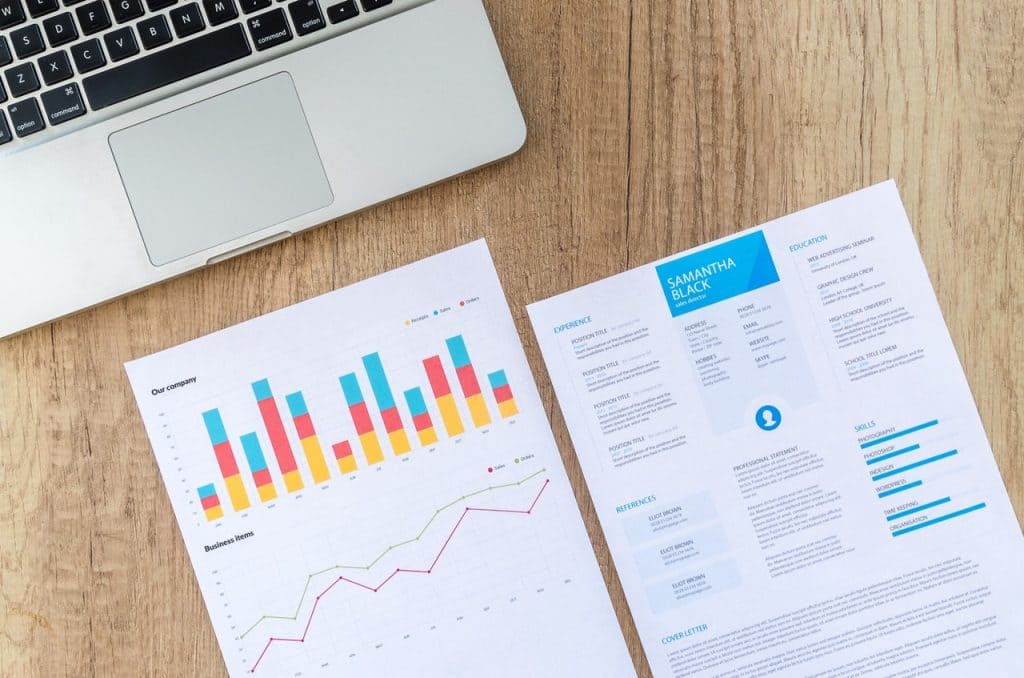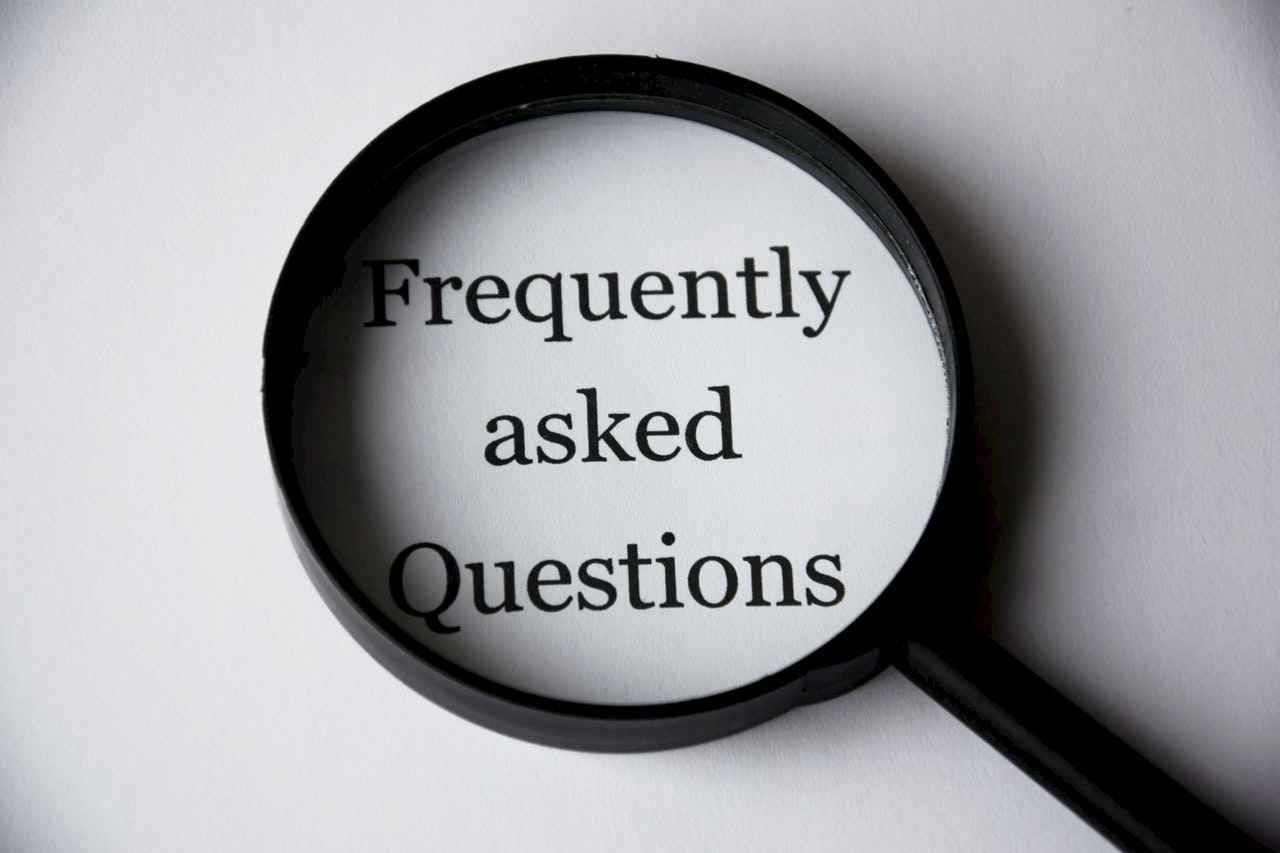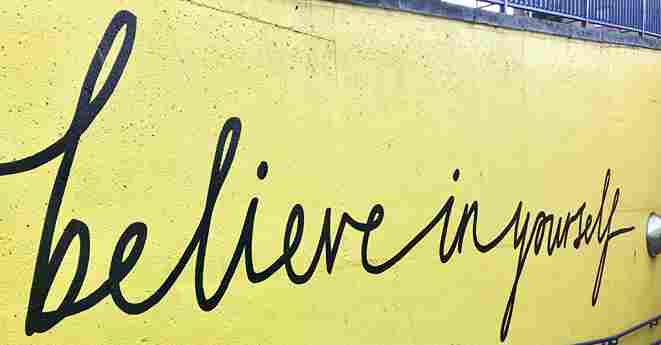Interview Preparation Tips – How to Ace Your Interview

Have you ever met a person who wasn’t nervous before an interview? It’s okay to get a little jittery; it shows that you really want to fare well. However, it’s not okay to let the butterflies in your tummy get in the way of your dream job.
While this is easier said than done, the one way to power through your interview is by being well prepared. And we are going to help you do just that!
Before we get into the “how”, know that there are two stages in preparing for an interview: The first stage is what you need to do before an interview and the second is what to do during the interview. Check out this list to prep for each stage:
New to the job market and looking for some guidance? Speak to Mentoria’s expert career counsellors for personalized step-by-step guidance for your future career path.
Before the Interview
1. Do Your Homework

You don’t want to look lost during the interview. It’s like appearing for an exam without knowing what the syllabus is (the horror!). Do your research on the company – what they do, their achievements, news mentions, company reviews, etc – so you have a fair idea of what you are getting into. In fact, the interviewer will expect you to know this. If you are caught off-guard by any of these questions, you’re likely to be passed over for someone who knows these details.
2. Do your research
Start by look at their official website and then move to other sources. Go through employee reviews to see if there are any repeating themes that could influence your decision to work with them. It also equips you to answer any questions about the organisation, demonstrating to the interviewer that you have researched the company.
3. Carefully Structure Your CV

Most believe their CV’s job is over once they’ve gotten the interview – if only! The interviewer goes through a copy of your CV while they speak to you, so highlight all of your relevant strengths and achievements and any experience you may have. Phrase your interview responses in a way that they link back to your CV. This will show the interviewer that you are confident in your abilities and have something to show for it. Remember to be absolutely and completely honest on your CV. Lying will only harm your chances, especially if you’re unable to prove the claims you’ve made on your CV.
4. Don’t forget your printouts
Make sure you have printouts of your CV and any other supporting materials, such as references or a portfolio, with you. Keep a notebook and pen in your purse in case you need to jot down something.
5. Prepare for the Usual Questions

There are some questions you’re bound to be asked during an interview:
- Tell us something about yourself.
- Where do you see yourself in five years?
- What are your strengths and weaknesses?
It would be foolhardy not to prepare for them! Most interviewers know that these are commonly asked questions, and pose them to you to check how prepared you are. So, rather than fumbling in the heat of the moment, prepare for these questions beforehand.
6. Get plenty of sleep
Avoid stuffing in any last-minute interview preparation right before bed, as this may cause you to lose sleep. Relax before going to bed to ensure a comfortable night’s sleep and a productive day the next day.
7. Dress Comfortably

You want to appear professional, but not too dull – so how do you pick the perfect outfit? Begin by figuring out what kind of company you’re applying to. Most creative organisations aren’t fussy about formals, while corporates might insist on the same. Whatever you choose, make sure it’s comfortable and makes you look presentable. Try to steer away from light-coloured outfits. While they may seem comfortable, they make a grand show of sweat patches and crumpled creases. Your safest bet is to go with darker shades of mixed linen; they will present a smooth, composed texture and also give you a distinguished professional look.
During the Interview
1. Keep the Right Attitude

Interviews can be slightly stressful, especially when it’s for your dream job. Answer all questions calmly and clearly, and try not to get too defensive – that can happen when you’re nervous. You don’t want to make a negative impression on your interviewers! Maintain a positive, friendly approach throughout your interview. Here are a few ways to do that:
- Instead of worrying about why you won’t get the job, focus on how you can.
- Keep an open, straight posture. Folding your hands across your chest or drumming your fingers on the table might convey your nervousness.
- Avoid getting lost in your thoughts. Give the interviewer your complete, undivided attention.
2. Maintain a Good Body Language
- During the interview, maintain eye contact with the person taking the interview.
- Always sit up straight and maintain an open body posture.
- Show that you’re interested in the interviewer’s questions.
3. Be Articulate

Ever find yourself short of breath or with “too much” air in your lungs when you’re nervous? That’s because nervousness impacts your breathing. When that happens, take a deep breath (subtly, of course) to calm your nerves. Try to keep your mind clear and think about your answers before you say them out loud. If you try to simply wing it as you speak, you might end up repeating the same point or sharing irrelevant details. Keep your answers crisp and clear; interviewers appreciate candidates who don’t beat around the bush.
4. Listen Carefully
Catching the specifics of what the interviewer is saying and then twisting those points into observations or well-crafted questions is one of the best ways to create an impression on a potential employer. Curiosity is a valuable attribute in the eyes of smart employers, and you may amplify your curiosity by listening carefully.
5. Don’t Just Answer Questions

While the interview is a chance for the company to get to know you, it is also your first opportunity to get to know them. An interviewer would ask you if you have any questions. Use this opportunity to ask them about things you would like to know, like:
- Your day-to-day responsibilities
- The company’s culture
- What your career graph could look like
Asking such questions will show your interest in the job and the company, and definitely improve your chances of getting hired.
6. Don’t Criticise your Former Employers.
If you speak ill of your former employers, the interviewer will assume you will do this to them and will doubt your professionalism. Anyone interviewing a candidate considers this a huge red flag.
Interviews are no picnic, but they aren’t impossible to crack. Keep these points in mind, and let your zeal and passion for the job do the rest. If you need help figuring out your passions, don’t hesitate to reach out to us. Now go out there and ace that interview! All the best!






